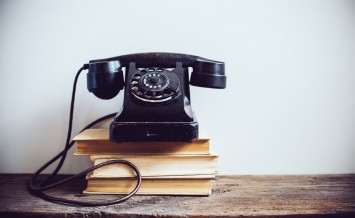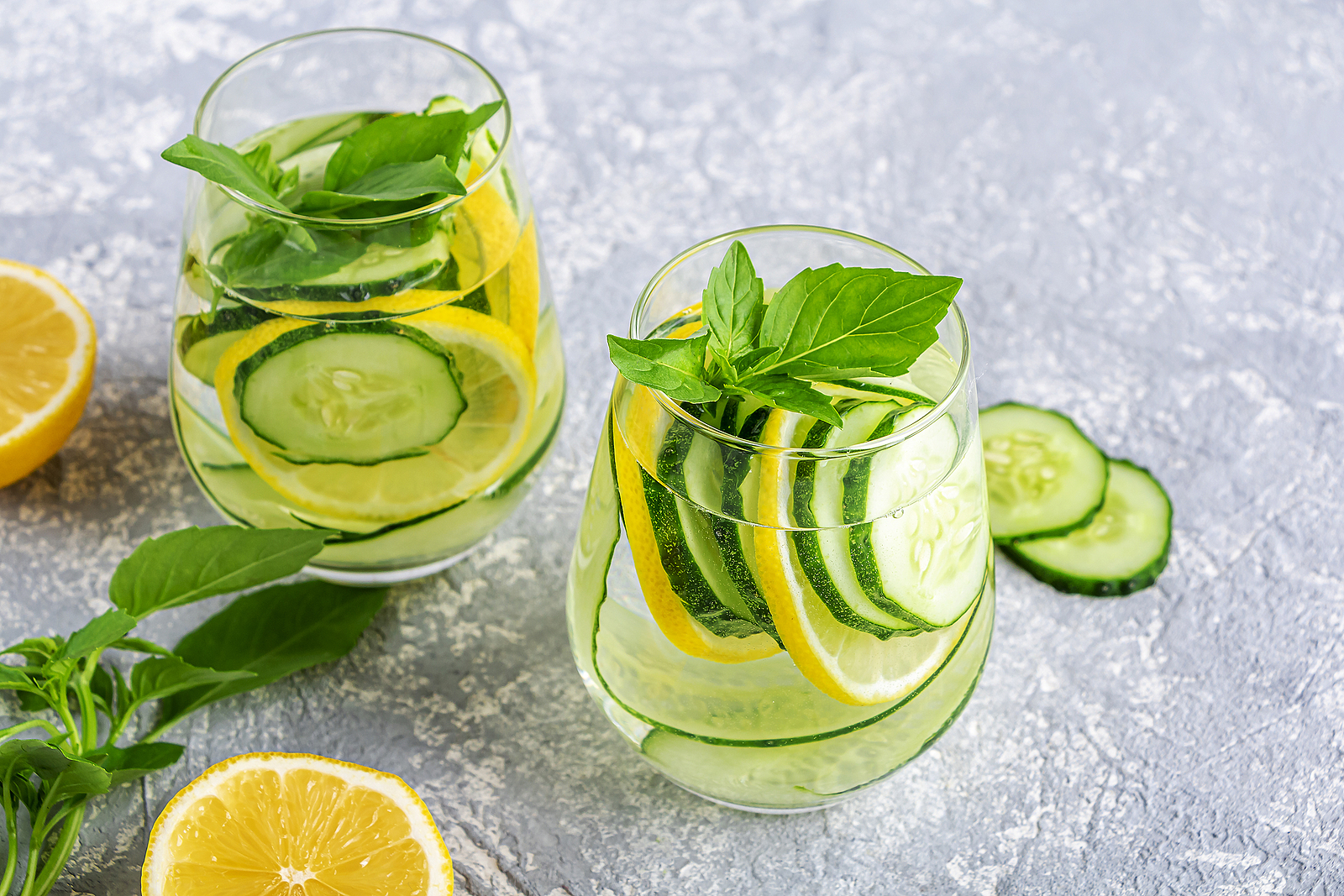How much extra water should you drink on a hot day?
Sunny weather brings the chance to get outdoors and enjoy the country’s green spaces, and while there’s nothing better than throwing down a picnic blanket and enjoying the balmy climates, nobody wants to feel the unpleasant symptoms of dehydration.
We all know that drinking water is pretty crucial for good bodily function, but how much should you actually be gulping on a hot day? We asked a medical spokesperson from Push Doctor to fill us in with the facts…
How much water should you drink in a day?
“According to the government’s Eatwell guidelines, it is recommended that we drink six to eight glasses of water a day.
“Eight glasses is around two litres, or three and a half pints. This is enough to replace the water your body loses every day through processes such as sweating, urinating and breathing.
“There are certain factors that can influence the amount of water you need. For example, if you exercise regularly, or it’s a hot day, you’ll require more water than normal.”
So what is the advice on drinking water in hot weather?
“Avoiding dehydration is very important and you’ll need to take extra care in hot weather.
“When you’re dehydrated, it means your body loses more fluid than it’s taking in. The mineral balance of your body is upset and it can’t function as normal. Left unchecked, it can lead to kidney stones, constipation, heat exhaustion and heatstroke.
“You’ll know if you’re dehydrated, because many of the symptoms are obvious. Feeling thirsty is your first warning. If you’re feeling a little parched, you’ve lost around 1% of the water in your body – lose 2% and you’re officially dehydrated.
“You should also look out for signs such as feeling tired or faint, muscle cramps, infrequent urinating and very dark urine.
“To avoid getting dehydrated on a hot day, you simply need to drink a little more water than you would normally, particularly if you’re sweating a lot. Increase the amount you drink to ten glasses of water a day to compensate for the warmer weather.
“Remember, if you’re feeling thirsty then you’re already starting to dehydrate, so take regular sips of water to stop this happening. If you’re planning on exercising, make sure you’re well hydrated before you start.”
How can you get the water you need?
“While we’ve established you need the equivalent of six to eight glasses of water a day to stay healthy, you don’t have to take this advice literally.
“Around 20% of your daily water intake will actually come from food. All of the juicy fruit and vegetables you should eat as part of a healthy diet can help to hydrate your body and are a lot tastier than a plain old glass of water.
“When it comes to drinks, milk is actually the best choice for hydration. Milk absorbs more slowly into your intestines, which means it stays in your body for longer. Also, when you sweat, you’re losing more than water. You’re also losing important electrolytes such as sodium and potassium, both of which are found in milk, but not water.
“Not all drinks are as good at keeping you hydrated. Alcohol and caffeinated drinks are strong diuretics, which means they’ll make you urinate more frequently than normal.”
Is it possible to drink too much water on a hot day?
“Yes. This is a problem that can affect athletes who drink a lot of water while they’re exercising as their bodies lose a lot of water when they sweat.
“We also know that sweat contains important electrolytes that aren’t found in water, such as sodium. By only refuelling with water and drinking way above the recommended daily limit, you could dilute your blood to a dangerous degree.
“When this happens, it can lead to a very dangerous condition known as hyponatremia. It can cause issues with your brain and can even be fatal.
“If you’re planning to exercise for longer than an hour, you should swap plain water for an isotonic sports drink. This will ensure you’re topping up your nutrients while you rehydrate.”
The Press Association
Latest posts by The Press Association (see all)
- Beatles documentary Let It Be to be released on Disney+ - April 16, 2024
- How to keep your money safe – as criminals ramp up AI tactics to steal consumer data - April 16, 2024
- Seasoned marathon runners give their best race day tips for first-timers - April 16, 2024
- What are heat pumps and could they help your home save energy? - April 15, 2024
- Trailer for Bridgerton season three teases new friends-to-lovers romance - April 12, 2024





















